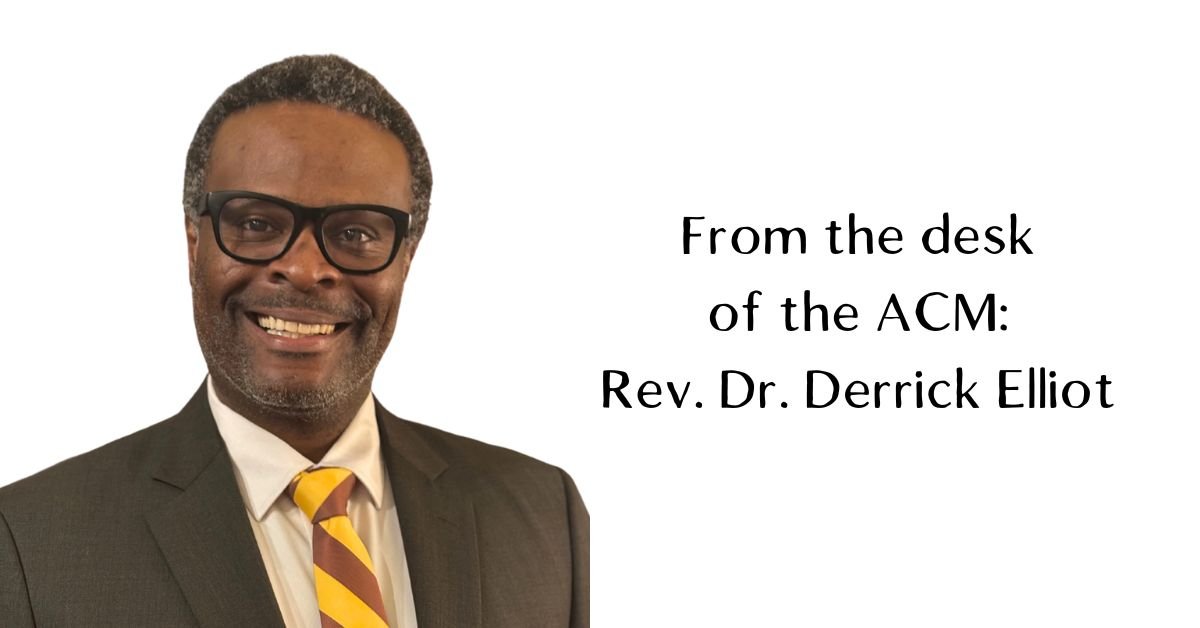Happy New Year my fellow clergy-person! Last year, I achieved a significant milestone by earning my doctorate degree. Many of you know that my family traveled to Washington, D.C., to watch me walk across the stage and receive my diploma. My mother, who has been by my side at every graduation—kindergarten, high school, military, college, and seminary—was there once again.
With a smile, she quipped, “You’re a career student!” We both laughed, and I replied, “No, I just love learning!” That love for learning isn’t just a personal passion—it’s foundational to my calling as a clergy-person.
In a rapidly changing world, where both the church and society face evolving challenges, clergy must remain curious, informed, and ready to adapt. Continuing education is about more than earning degrees or completing workshops; it’s a spiritual discipline, a way to stay rooted in God’s word while discovering new ways to serve the people of God.
But continuing education isn’t limited to theology and biblical studies. Professional development in fields such as mental health, leadership, communication, and community engagement equips clergy to better serve both the church and the broader community. When pastors develop skills in conflict resolution, financial stewardship, or crisis management, they become invaluable resources not just to their congregations but to the world around them. These tools help bridge the gap between the church and society, offering hope and practical solutions in moments of need.
The United Church of Christ’s Manual on Ministry calls ministers to be lifelong learners. It outlines the “Marks of Faithful and Effective Authorized Ministers,” which emphasize the importance of ongoing growth in theology, leadership, and spiritual practices. A well-equipped clergy enriches not only their own ministry but also the entire church. When pastors continue to learn, they bring fresh energy, creative ideas, and renewed focus to their congregations.
Supporting clergy in their pursuit of lifelong learning is an investment in the vitality of the church. When ministers grow, congregations thrive. Together, we can continue proclaiming the good news of Jesus Christ in ways that are both timeless and timely.
As the Manual on Ministry reminds us: “The Church looks to [clergy-person] to be learned persons and to have a deep knowledge of the Scriptures and of the Church historically and ecumenically.” This is a call for all of us to encourage and support our leaders as they strive to reflect Christ’s love and wisdom in all they do.
Let’s celebrate learning—not just as a goal to achieve but as a way of life that draws us closer to God and one another. Whether it’s theological insight or practical skills for community care, we’re all students in the school of faith, building a brighter future for the church and the world.

